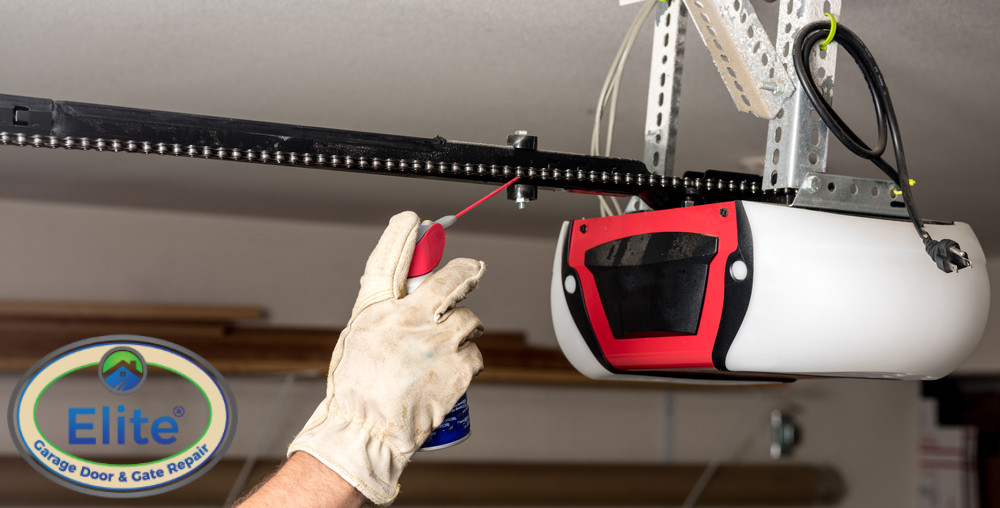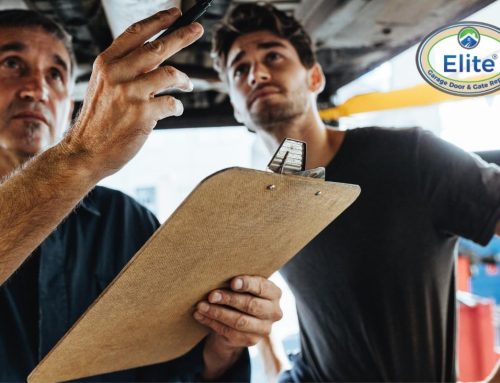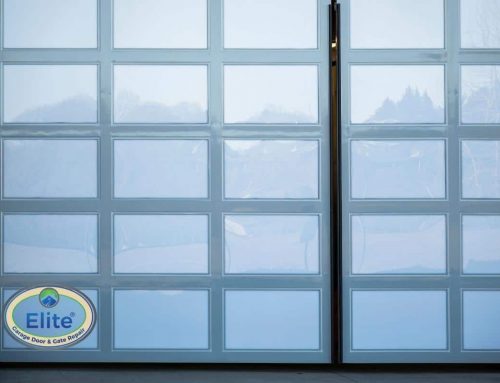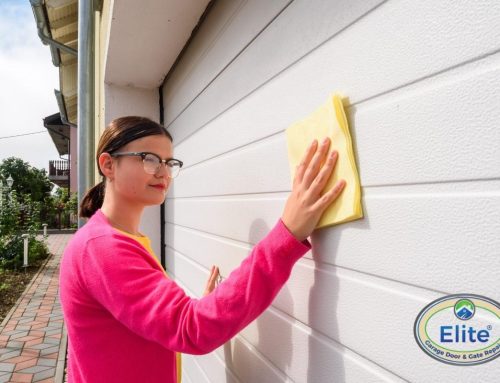Table of Contents
When to Call a Professional vs. When You Can Handle It Yourself
Your garage door is one of the hardest-working systems in your home, opening and closing hundreds of times each year. While some garage door issues can be managed with basic maintenance, others demand a professional’s expertise to ensure safety and prevent costly damage. Knowing when to take the DIY route and when to call a licensed technician can save you time, money, and potential injury.
DIY Garage Door Maintenance You Can Safely Handle
Routine maintenance can go a long way toward extending the life of your garage door. Homeowners in Seattle and across King County can safely handle these simple upkeep tasks:
- Lubricating moving parts: Use a silicone-based lubricant on rollers, hinges, and Springs every few months to reduce friction and noise.
- Tightening hardware: The vibration from daily use can loosen bolts and screws. Check brackets, hinges, and tracks with a socket wrench periodically.
- Cleaning tracks and panels: Wipe dirt, dust, and debris off the tracks to ensure smooth operation. Clean the panels with mild soap and water to maintain appearance.
- Replacing remote batteries and bulbs: If your opener isn’t responding, replacing the remote batteries or the opener’s light bulb is an easy fix.
- Testing the balance: Disconnect the opener and manually lift the door halfway. If it stays in place, the balance is good. If it drops, the springs may need adjustment, which is a job for a pro.
These Maintenance Steps are safe, quick, and can help prevent larger problems down the road. But when the problem involves tension, electrical systems, or heavy mechanical components, that’s when you should stop and call a certified technician.
When to Call a Professional Garage Door Technician
Some repairs should never be attempted without the right training or tools. Here’s when it’s best to leave the job to an expert:
- Broken or loose springs: Garage door springs are under extreme tension and can cause serious injuries if mishandled.
- Cable damage or fraying: These cables support the full weight of your door, replacing them requires precise re-winding.
- Track misalignment or door off-track: Realigning a heavy door involves more than just pushing it back; improper handling can warp the tracks or damage the panels.
- Opener motor or circuit issues: Electrical troubleshooting should only be done by a professional to avoid electrocution or system failure.
- Panel replacement and door balancing: If your door is sagging, uneven, or makes loud banging noises, professional adjustment ensures smooth, safe operation.
Attempting to fix these problems yourself can result in further damage, void warranties, or cause injury. A professional technician can quickly diagnose the issue, use the correct replacement parts, and ensure your garage door system operates safely and efficiently.
Why Professional Service Is Worth It
Hiring a professional for garage door repair in Seattle or the surrounding areas ensures that your system meets manufacturer specifications and safety standards. Professionals use specialized tools to adjust spring tension, test auto-reverse sensors, and ensure the door runs quietly and smoothly. Plus, regular tune-ups can prevent small issues from becoming expensive repairs.
In Washington’s damp climate, where moisture and temperature changes affect metal components, periodic professional inspections can make a major difference in your garage door’s longevity and reliability.
Final Thoughts
If your garage door simply needs cleaning, lubrication, or a quick battery change, go ahead and do it yourself. But when you’re dealing with springs, cables, motors, or alignment, It’s Time To Call a Licensed Professional. Your safety and your home’s security are worth the peace of mind.











Leave A Comment